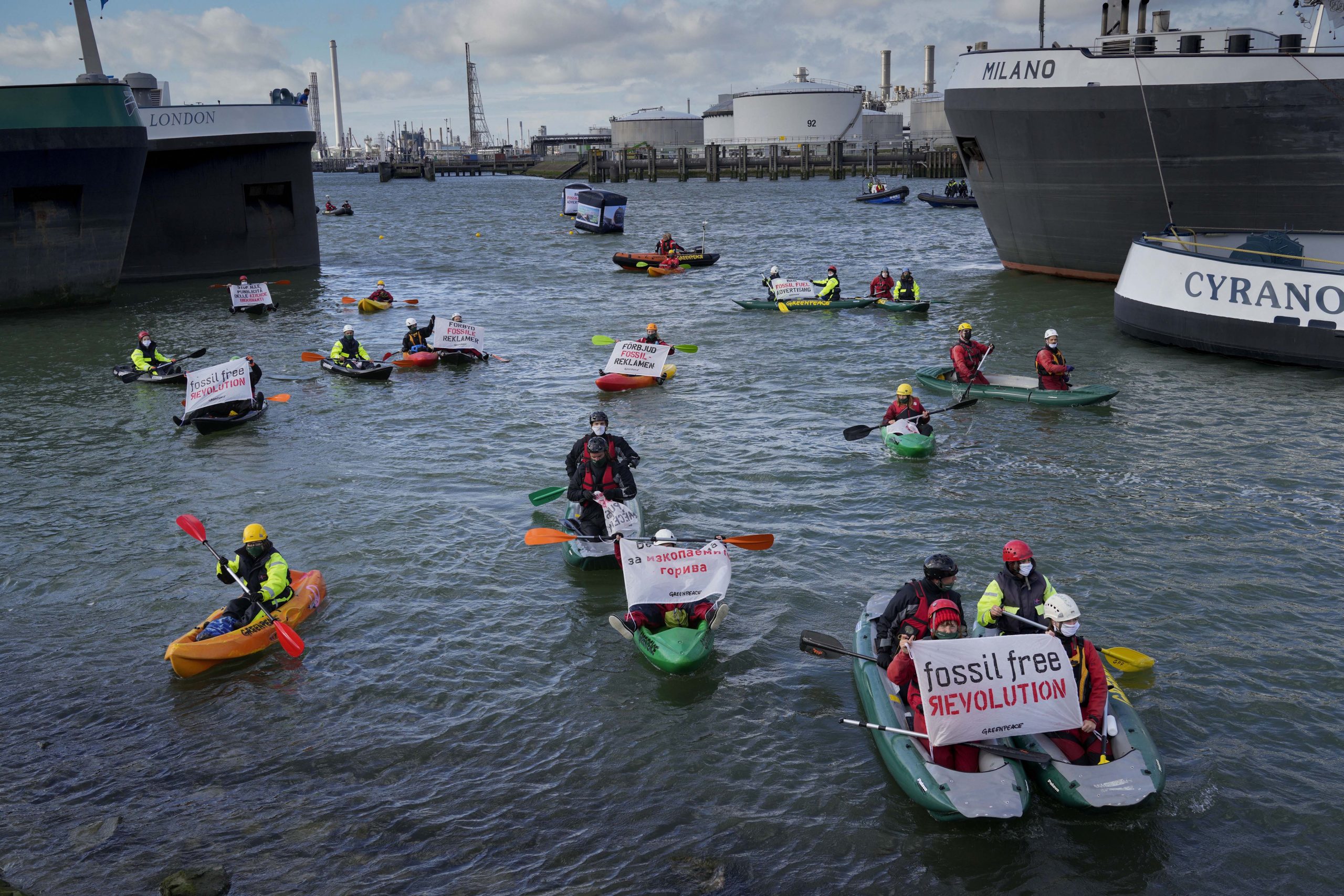A recent United Nations report found that the extraction of fossil fuels, which is the key source of hazardous carbon emission, is going to increase tremendously in coming years. The report states that nations will drill or mine fossil fuels more than double the levels required to keep the global temperature at the 1.5-Celsius threshold in check.
The report further added that oil and gas recovery is set to rise sharply in the coming years while only a modest decrease in coal will be witnessed.
Also Read: North Carolina adopts bill to cut greenhouse gas emissions with GOP support
There has been little change in the new report since the first report was published in 2019.
The report comes when most countries including the US, the UK, Europe, China and India are pledging to bring down the carbon emission to zero and an international forum, COP26 climate conference, dedicated to this cause is just over a week away.
There is already a huge focus on the carbon-cutting ambitions of the biggest emitters.
However, despite the huge buzz of net-zero emission goals and the increased vows of many countries, some of the biggest oil, gas and coal producers have not set out plans for the rapid reductions in fossil fuels that scientists say are necessary to limit temperatures in the coming years.
Also Read: Children, younger generations may face the worst of climate disasters: Study
In exact figures, the report found that countries plan to produce around 110% more fossil fuel than what would be compatible with a 1.5C temperature rise by the end of this century. The plans are around 45% more than what’s needed to keep the temperature rise to 2C.
According to the study, coal production is going to record a marginal decrease in usage but gas production is likely to increase more than the compatible limit with the Paris Agreement in the next 20 years.
The report in question profiles 15 major production countries including Australia, Russia, Saudi Arabia, the US and UK.
In a few days, the United Kingdom will host the United Nations Climate Change Conference, also known as COP26, from October 31 to November 12 in Glasgow.
The conference will mark countries’ collective agreement and blueprint to cut carbon emissions and to address the issues of extreme weather events linked to climate change, including heatwaves, floods and forest fires.







